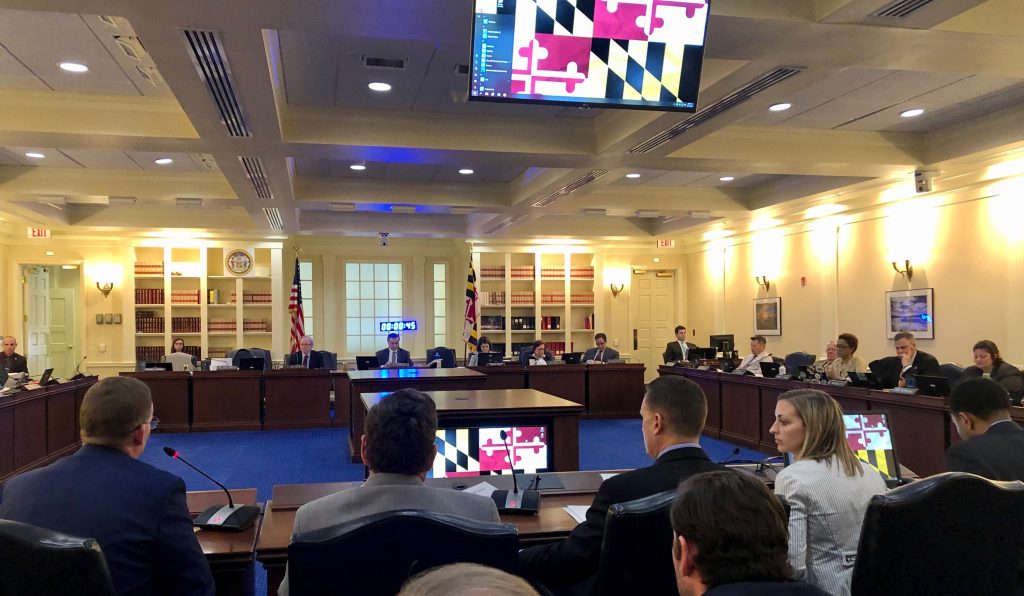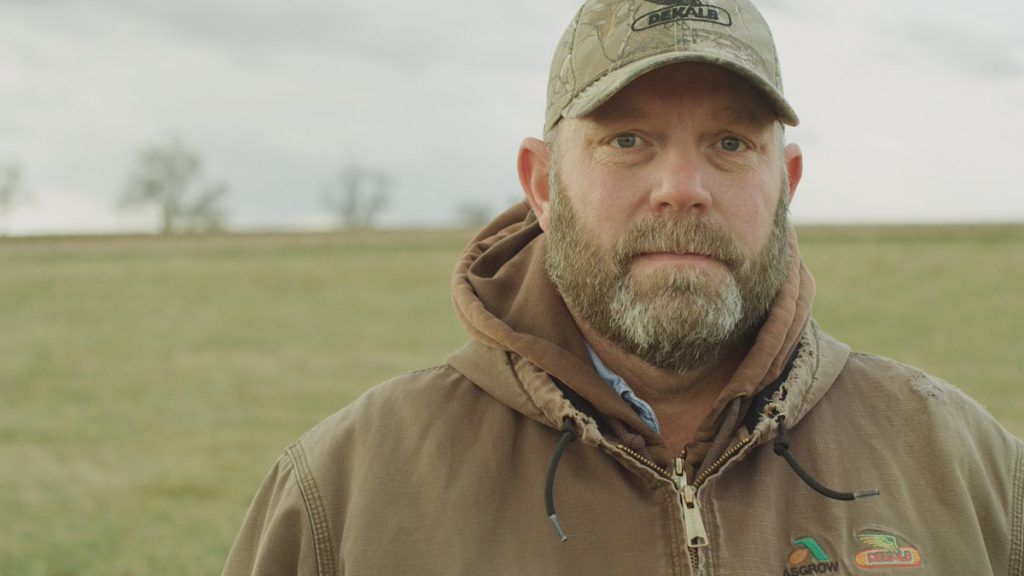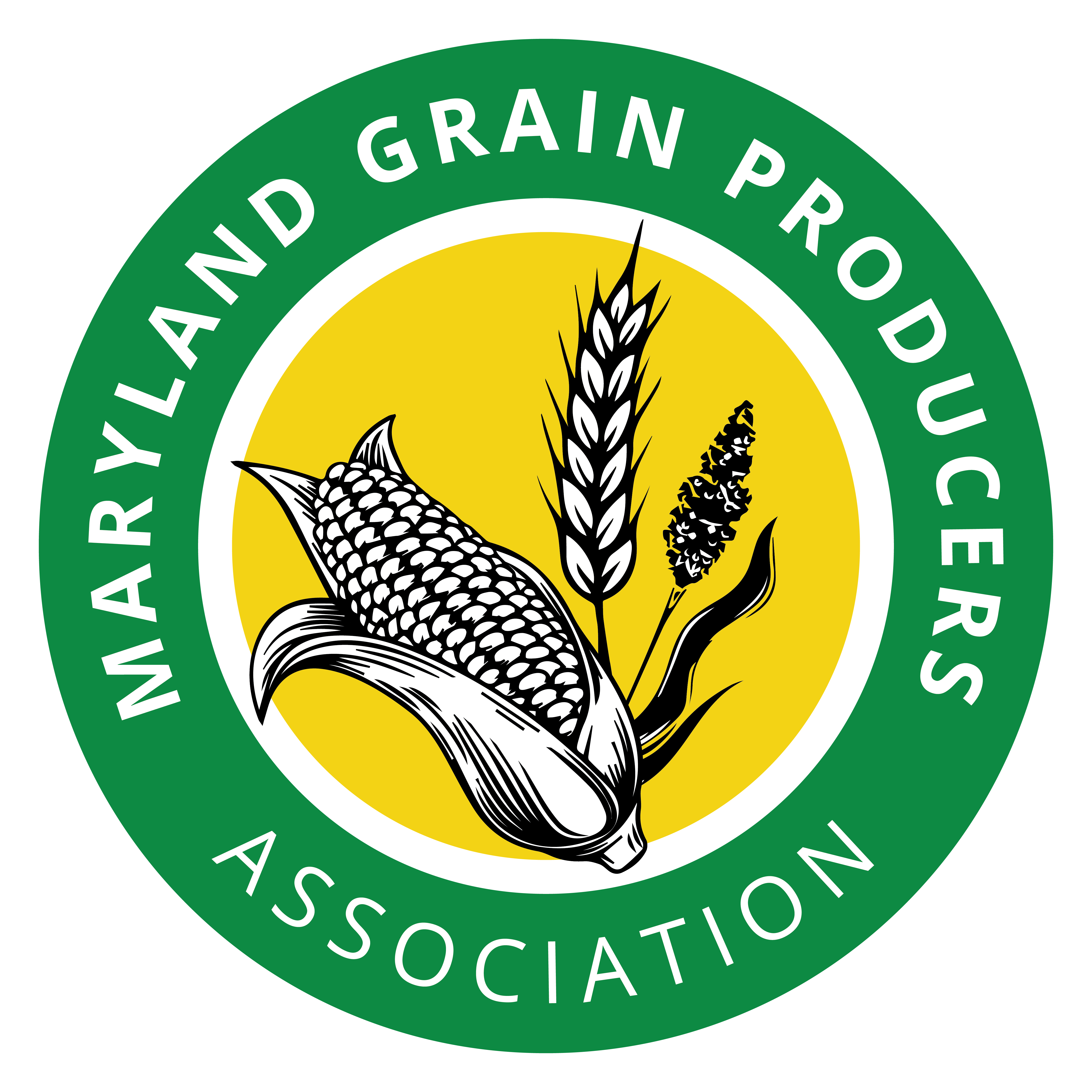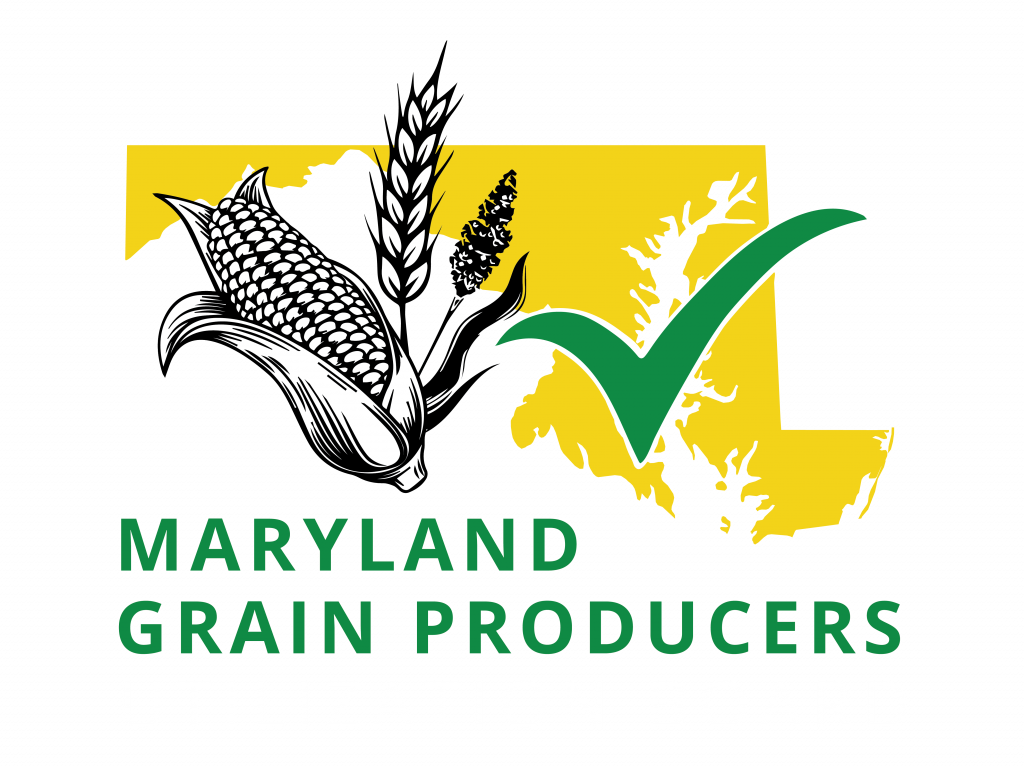Queentown, Maryland (February 21, 2020) – The Maryland Grain Producers supports regulating pesticides, including Chlorpyrifos, at the federal level by the U.S. Environmental Protection Agency which approves pesticides through a rigorous, scientific process. Unfortunately, Senate Bill 300 and House Bill 229, would legislatively ban the use of Chlorpyrifos in Maryland and set a dangerous precedent for banning a pesticides through legislation in the future. The Maryland Grain Producers Association supports the regulatory phase-out of Chlorpyrifos proposed by the Maryland Department of Agriculture (MDA) and appreciates the Administration’s support of the agricultural community and regulatory process.
On February 19th, MDA announced that it will develop regulations to immediately phase-out the regular use of Chlorpyrifos. Chlorpyrifos is a pesticide that is used in agricultural production and turf management. According to the last available survey in 2014, Maryland has used less than 4,000 pounds across all sectors on an annual basis. Overall usage has steadily declined, resulting in Corteva Agriscience to cease production by the end of 2020.

Lindsay Thompson, Executive Director of Maryland Grain Producers Association, said “Banning pesticides in the legislature sets a dangerous precedent that circumvents the robust, scientific, regulatory framework in place. We must pursue a regulatory solution.” During MDA’s phase-out, a workgroup with convene to help farmers transition and find an alternative. Alternative products are currently available, the issue with these products is effectiveness. AS Chlorpyrifos works well, other products may need to be used several times for equal control.
The Grain Producers opposes Senate Bill 300 and House Bill 299 in favor of the regulatory solution proposed by MDA and urges legislators to vote unfavorable on these bills.



